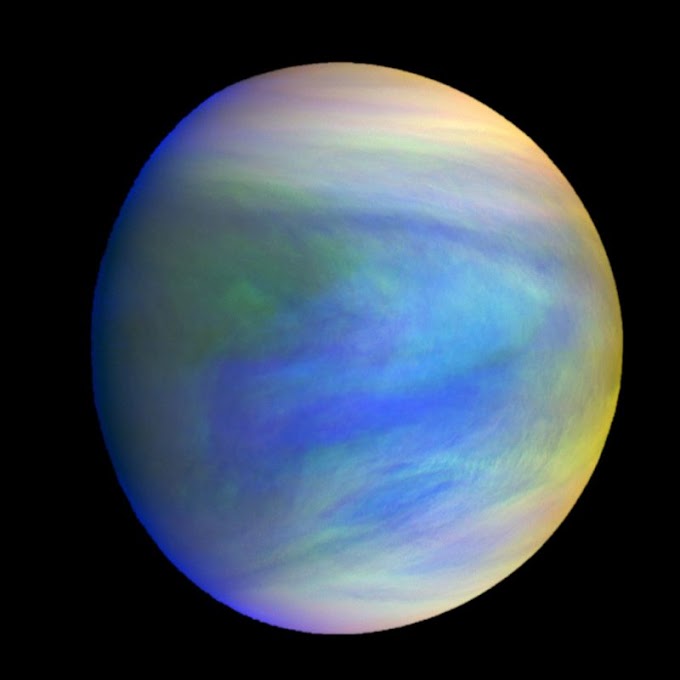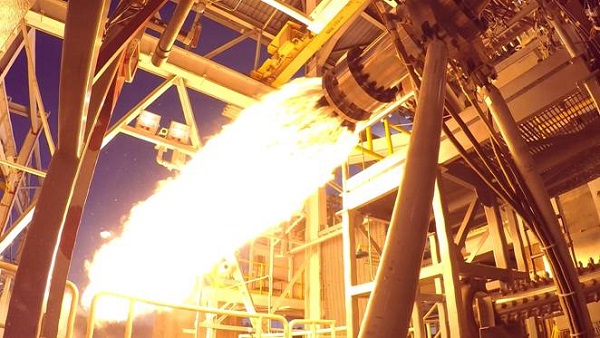On August 16, 1960, American pilot Joseph Kittinger set a record for the highest altitude jump in the world. A huge balloon filled with helium lifted the pilot to the height of 31,300m (102,800 feet). During his ascent, the pressurization for his right glove malfunctioned which caused his right hand to swell up to twice its normal size and Kittinger experienced immense pain. This incident occurred in the stratosphere not outer space .Imagine what would happen to an astronaut if they literally touched a vacuum in space.
Our subject (let’s call them Bob) drops a glove. The first and powerful thing an astronaut would feel in an unpressurized spacesuit is enormous pressure that would act inside the muscles and skin. Human bodies are designed for life on the surface of the Earth and a layer of the atmosphere is constantly pressing upon ourselves. So why don't we die from one tonne of air pushing against our bodies? The answer is simple: the atmospheric pressure is balanced by the air inside our bodies.
 |
| Source: NASA |
There is one specific case in history where a persons’ entire body came in contact with a vacuum accidentally yet the person survived. This is evidence to the fact that the human body is really strong. So it is unlikely if the sudden pressure drop of a spacesuit will result in an astronaut’s hand( even without a glove) to explode. But, tissue damage under these conditions would still be possible.Yet, this doesn’t mean that the threat of dying completely departs.
Deep sea divers are sometimes diagnosed with a disorder called decompression sickness. During deep sea diving, divers become pressurized by columns of water with the force of several atmospheres. If for some reason they suddenly rise to the surface their body doesn't have enough time to adjust to the pressure drop. With the sudden rise, the gases dissolved in the blood ,especially nitrogen, turn into bubbles. Visualize a bottle of soda when you open it . The liquid inside literally foams with a thousand of bubbles. Now, imagine something similar happened to the blood in your body. Symptoms of decompression sickness are unpleasant. They include: severe headache, muscle and joint pain and loss of vision.
 |
| Source: NASA |
Now getting back to space because the experiment continues. What else could happen to Bob? The answer is bitter cold. Afterall, everyone knows that in space the temperature is close to absolute zero. However,events in space would unfold a little differently because Bob(our subject) would not only not freeze but also receive a severe sunburn. How is that possible? The temperature in outer space is extremely low i.e, -270.42°C ( -454.75°F). A spacesuit-less human just outside the space station would surely either boil alive or get turned into a popsicle in under a minute, right? However, you’re thinking of heat transfer on Earth.
 |
| Source: NASA |
On Earth’s surface, the intensity of solar radiation averages to about 635 W/m2. However, in space there is no atmosphere to absorb light. Therefore, the sun shines much brighter there. It’s power in low Earth orbit reaches to 1,360 W/m2. Hence, the ultraviolet rays in space are extremely dangerous and will cause sunburn. Suppose Bob prepared himself for the assignment and brought sunscreen. Will it be enough to protect him from the burn? Unfortunately no because in addition to visible and ultraviolet light in the cosmos there is a lot of ionizing radiation and cosmic rays.
Now imagine how many charged, subatomic particles will be in the hands of our subject if he removes his glove. Even though, radiation rarely kills a person instantly. Most likely, our subject won't even feel those charged particles hitting their body. But, radiation damage is the cause of many illnesses so after returning to Earth Bob would run the danger of developing cancer or something worse. In short, a hand caught in a vacuum can be saved especially if the rest of the spacesuit remains airtight. However, it is possible that when you remove the glove air may escape the protective suit. In this case, the person would lose consciousness due to Hypoxia in under fifteen seconds and add to this the effects of decompression sickness. So if you ever find yourself in space then avoid taking off your glove.






0 Comments